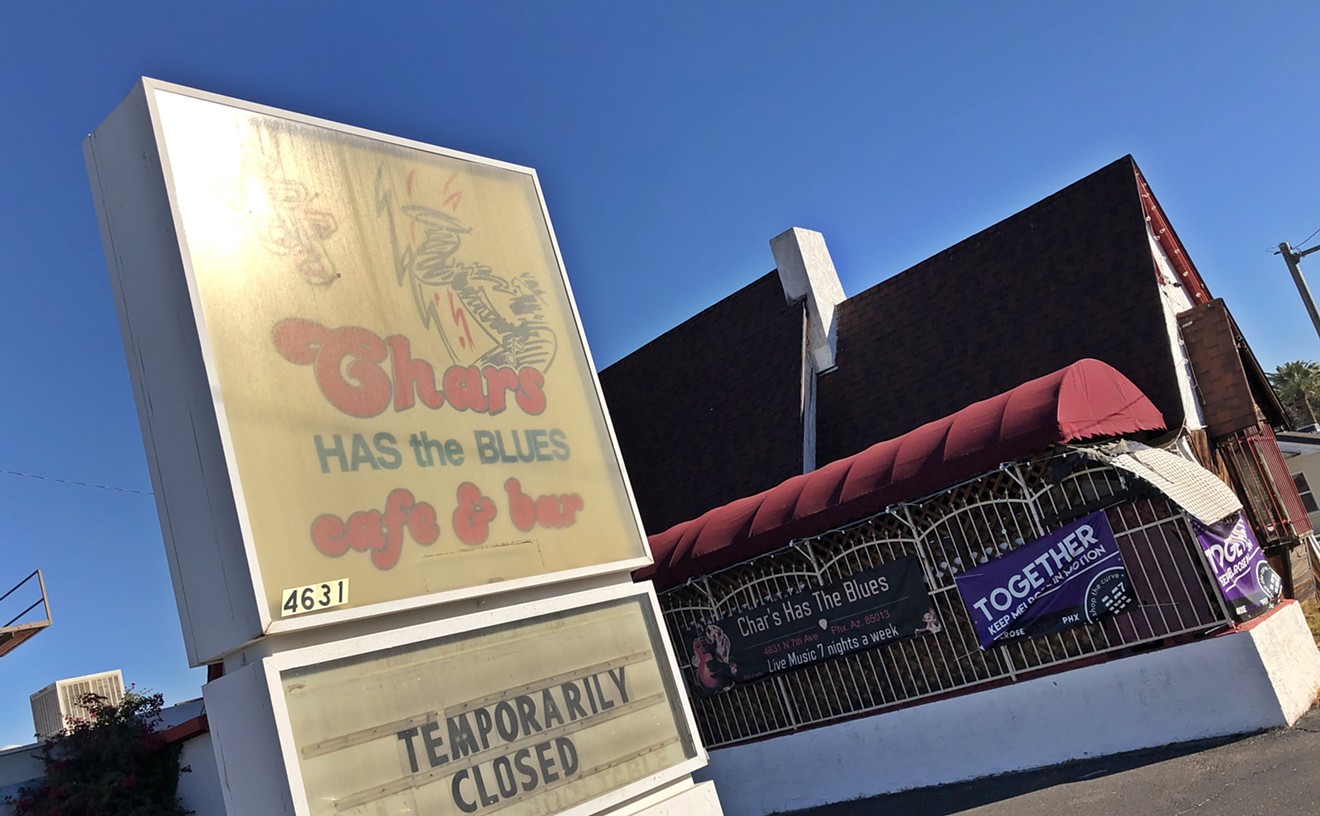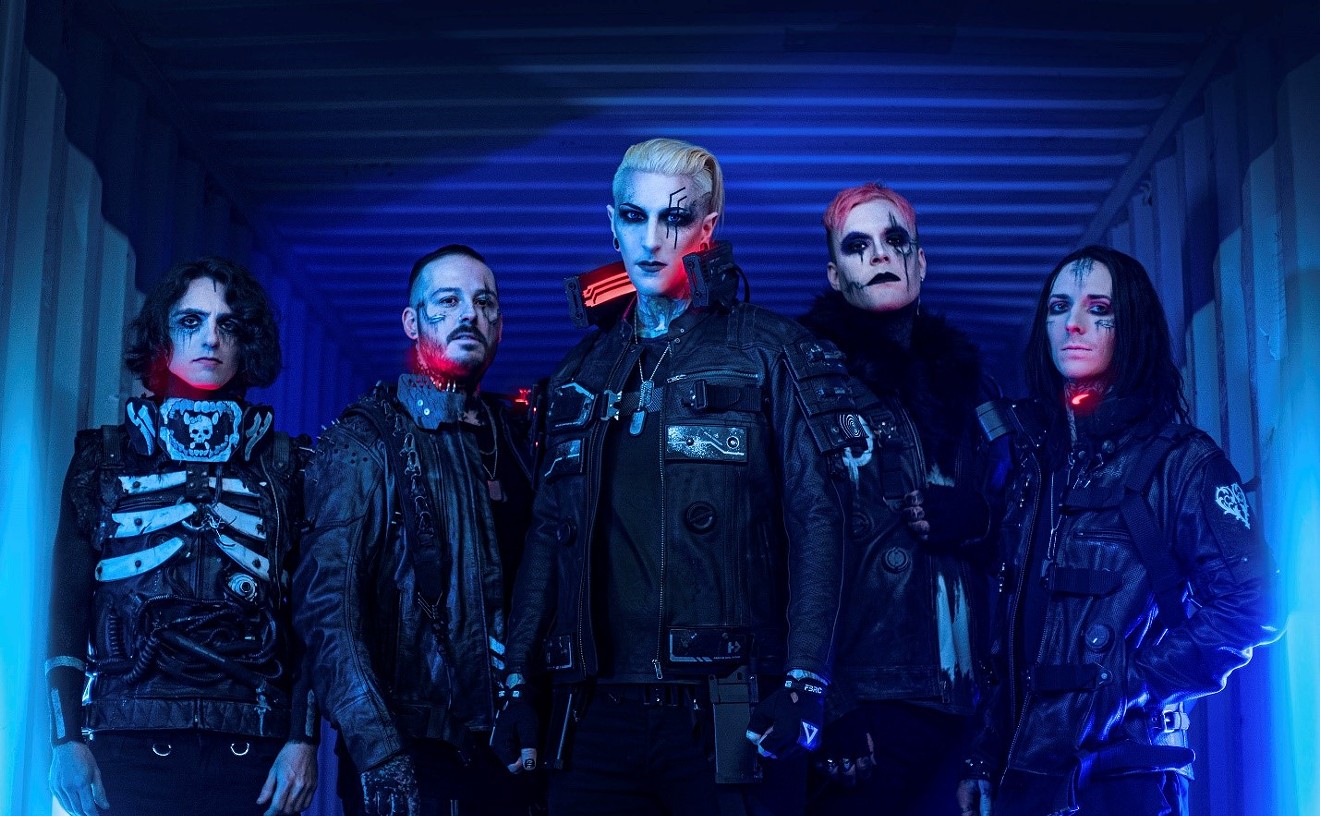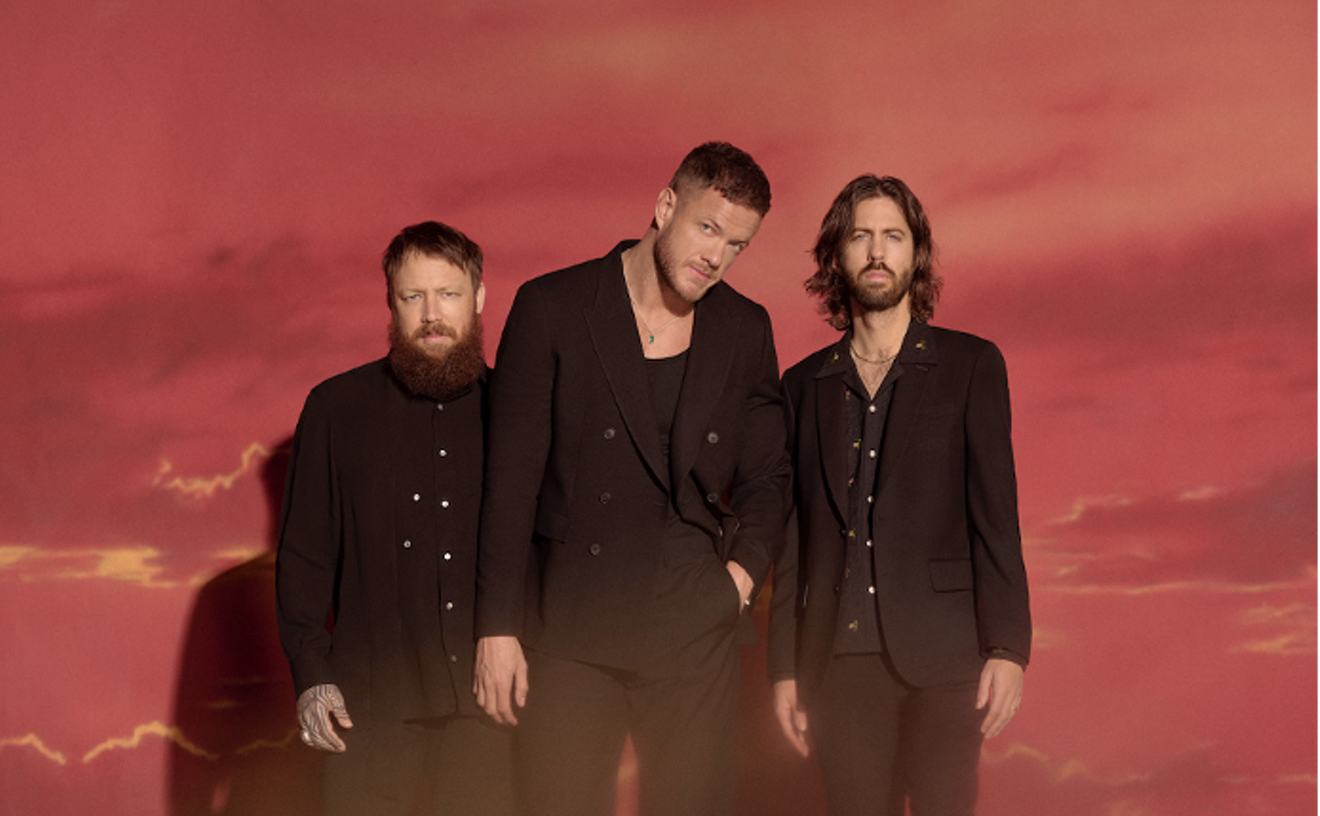The U.S. has spent the last quarter-century unlearning the lessons of the previous 25 years. In the 1960s, the nation cringed as reactionary white men and women resisted progress. Now, "neutral" position papers and studies suggest that segregation might have been a blessing after all. African-American schools, Latino schools, girls' schools, boys' schools, special-needs schools -- this is becoming a post-integration society that prefers to "keep 'em separated." But Robert Bradley's Blackwater Surprise provides a powerful rejoinder to this trend. When Bradley talks about the music scene of the late 1960s and early 1970s, he focuses on its racial dimension. "That was the best music to me, when groups were mixed." He's thinking of bands like the Jimi Hendrix Experience, Santana, and the Allman Brothers Band, whose membership crossed the racial divide. More than that, though, he's harking back to an era when mainstream radio -- particularly in Detroit -- was willing to segue from the Temptations to the Doors without making a big deal of it.
Bradley's statement takes on the force of metaphor. There is something sad about our inability to mix, in the classroom or on the dance floor. And Robert Bradley's Blackwater Surprise is doing its part to remind folks there is another way. Its music stakes out common ground for the SUV-driving soccer dad and the college-radio programmer who wants to play something more than indie rock. "Train," the first track on New Ground, the band's latest album, is a perfect example. The delicate jangle of the opening bars places you squarely in the post-R.E.M. era, but Bradley's vocal quickly takes you back. When he sings, "Train, keep running down the track/Bringing my baby back home to me," the blues motif is so comforting that you forget the obvious question: Who rides trains these days anyway? This is how Blackwater Surprise songs invite you in. And the grit in Bradley's voice, the melody's lack of pretense, the slow build within each song win you over.
Bradley is proud of the band's multigenerational audience, even if it means that he has some explaining to do. "I think the kids, when they come to see me, the first thing they think is that it's blues. I just look like a blues guy. And when they find out it's not blues, they say, What is that?' We just call it supercharged soul. I grew up listening to Otis Redding, Sam and Dave . . ." These are the references you'd expect. But then Bradley continues his list. ". . . and a lot of Creedence Clearwater Revival, Black Sabbath."
There was a time when adults regarded all rock as yelling. And, MTV's reality television aside, you could say that some people still have a hard time regarding Ozzy Osbourne & Co. as tunesmiths. But what Bradley and the boys in Black Sabbath have in common is professionalism. They know how to play. And they can do it live. Talking about the effect that recording technology like Pro Tools has on popular music, Bradley says, "A person like me doesn't really need it. But I can see why so many people today need it. If you go see them live, you can tell that they can't sing or play their instruments. For me, though, it just makes recording quicker. It's just easier. Record companies, the big majors, can take somebody that looks decent like Britney Spears or Uncle Kracker and go in the studio and do something. But when you go see them live, see you later! So many people today don't have no talent, just looks."
Even though Blackwater Surprise bears his name, Bradley doesn't want it to be a band in name only. Even though the majority of Blackwater Surprise's songs were in his solo repertoire before the founding of the band, he has been liberal with songwriting credits. If his bandmates contribute something new to the finished recording, they become his co-writers. "They do a lot of the music stuff. They play. Why shouldn't they get the credit? I'm the type of guy who believes in sharing and thinks that there's enough room at the top for everybody," he says. "For a song like Born in America,' which was finished 25 years ago, I keep it for myself. But if I come to the band with a song and say, Hey, I need a bridge,' they're going to get credit."
It's Bradley's insistence on collaboration that sets him apart from other singer-songwriters. Like Bruce Springsteen, he seems to find fault with Americans' impulse to put individuals on a pedestal. During his years as a street musician, he never gave up the desire to be in a band. He became a solo performer back in the 1970s only for financial reasons. "I had kids," Bradley explains. "I had to pay my way, so I had to have something that was guaranteed. And on the street was guaranteed where I was at. I hired a couple of employees it got so good, a driver and someone to just watch the money. But back then I'd run into somebody every year who wanted to work with me. My song California' has been recorded at least 10 times with different people who wanted me to go into the studio."
Of all the people Bradley has collaborated with, however, he seems to like his present band best -- guitarist Matt Ruffino, bassist Tom Wilber, keyboardist Randy Sly and drummer Jeff Fowlkes join Bradley onstage. And Bradley wants to make it clear that Blackwater Surprise's brief flirtations with the big time in the late 1990s didn't mean that much to him. He has no interest in the "little teeny pop stations" that make and break stars. "We all know how that shit gets on there. And I don't have that kind of money. Everybody knows what that is, know what I'm saying? As long as I can get out there and continue to tour, I'm not going to worry about no radio, I'm not going to worry about MTV, VH1, none of that."









